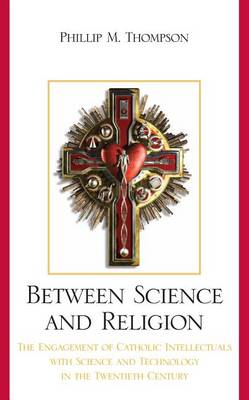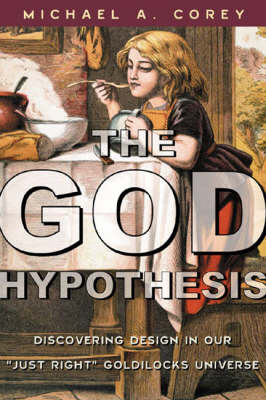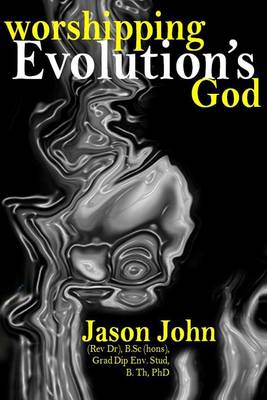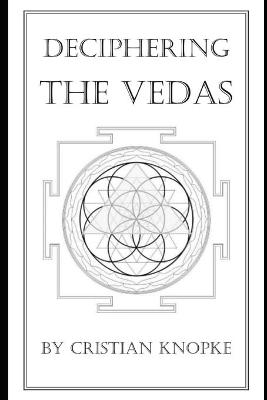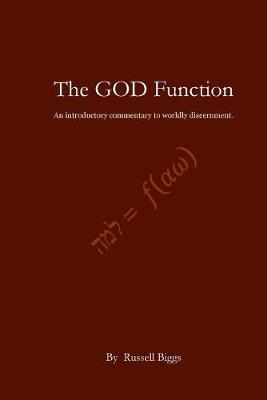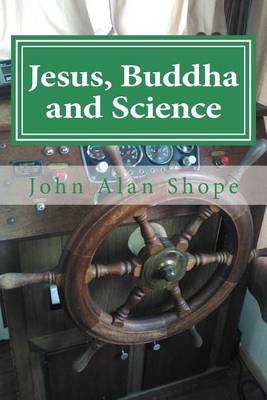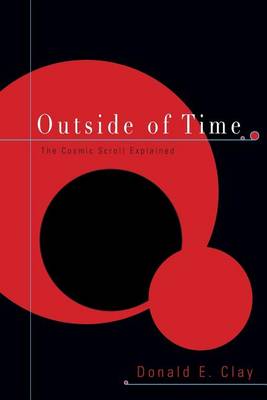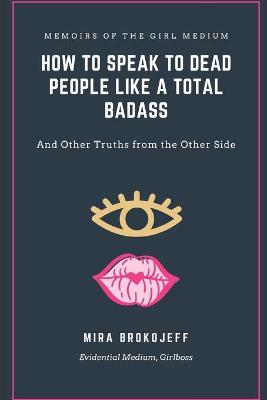Toward a Sociological Theory of Religion and Health
Driven by funding agencies, empirical research in the social scientific study of health and medicine has grown in quantity and developed in quality. When it became evident, in what is now a tradition of inquiry, that people's religious activities had significant health consequences, a portion of that body of work began to focus more frequently on the relationship between health and religion. The field has reached a point where book-length summaries of empirical findings, especially those pertine...
Science is responsible for most of the miracles that define modern life. This leads to the disconcerting situation where need and belief are in conflict. There is an enormous literature about science and evolution in particular, but all previous authors have missed the point that evolution gives us basic tenets that are not situation- or culture-dependent. This book shows that the potential for evolution is based on the tenets of diversity and freedom, which also underlie most of the ethical and...
The Physics and Philosophy of the Bible (Inevitable Truth, #1)
by James Frederick Ivey MD
1001 Inventions: The Enduring Legacy of Muslim Civilization
by Salim T S Al-Hassani
Spiritual practices, or awakenings, have an impact on brain, mind and personality. These changes are being scientifically predicted and proven. For example, studies show Buddhist priests and Franciscan nuns at the peak of religious feelings show a functional change in the lobes of their brain. Similar processes have been found in people with epilepsy, which Hippocrates called the sacred disease. New research is showing that not only does a person's brain activity change in particular areas while...
In exploring the role of Catholic intellectuals in engaging science and technology in the twentieth century, this book initially provides a background context for this evolution by examining the Modernism crisis in the first chapter. In order to unpack the subsequent evolution, Thompson then concentrates in separate chapters on the distinctive contributions of four specific Catholic intellectuals, Jacques Maritain (1882-1973), Pierre Teilhard de Chardin (1881-1955), Bernard Lonergan (1904-1984),...
Michael Corey explains the religious ramifications of modern science in a common-sense style and in this book he seeks to reverse the idea that science has disproved the existence of God. Corey draws on the fairy tale of "Goldilocks and the Three Bears", believing that the "just right" conditions that created life on earth provide overwhelming evidence of an "intelligent designer" at work.

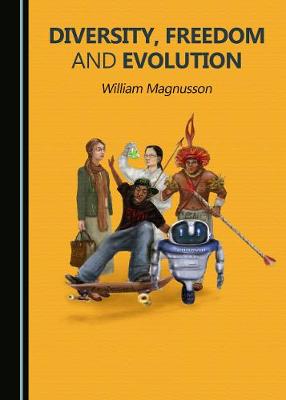
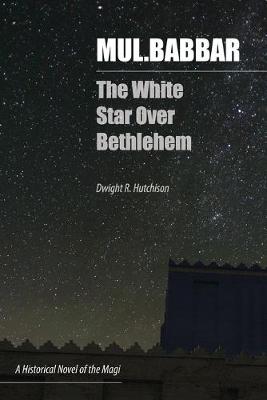
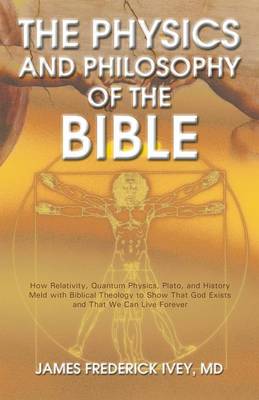
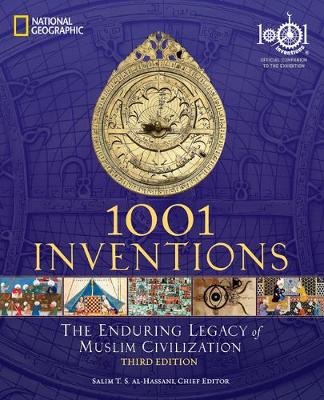
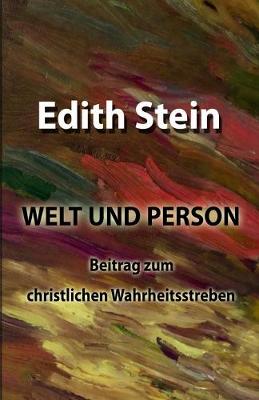
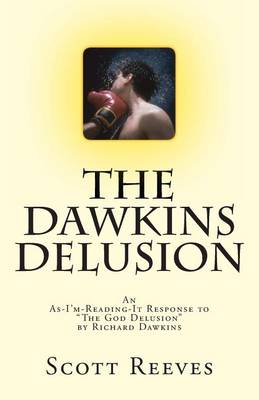
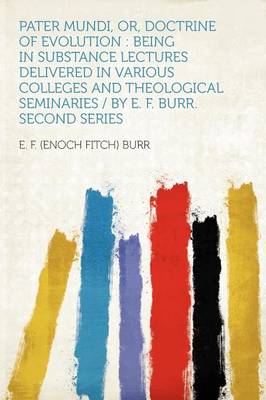
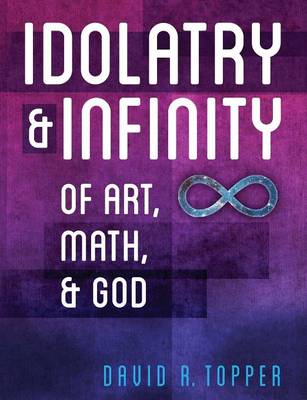
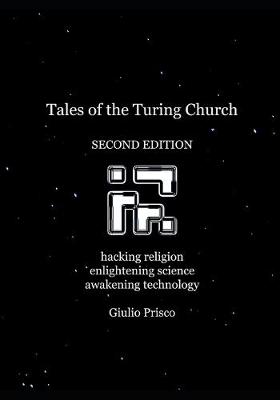
![Cover of Where God and Science Meet [3 volumes]](https://images.bookhype.com/covers/fa/d5/91576f67-33b2-405c-a86f-0e71f12d5daf/9780275987886-0eb973df80b4b7ca9f0319.jpg)
